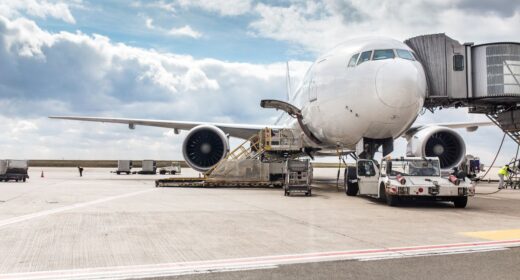In 2004, the Competition Bureau of Canada began an investigation into allegations of conspiracy to fix gasoline pump prices in Quebec. In the course of that investigation, the Bureau obtained judicial authority to intercept the communications of the alleged perpetrators. The Bureau intercepted and recorded over 220,000 private communications.
At the conclusion of the investigation, charges were laid against a number of companies and individuals. Parallel to those proceedings, a class action was instituted seeking damages for anti-competitive practices. The lawyers in the class action sought production of the private communications which had been gathered by the Competition Bureau.
In a recent decision, the Supreme Court of Canada upheld a lower court decision to release the communications in the context of the class action. However, only the lawyers and their experts have been permitted see them in order to protect the right to a fair trial of the parties still facing criminal charges. In doing so, the Court found that there was no factual or legal impediment to the disclosure of these communications.
In her dissent, Justice Abella observed that it is normally not legally permissible to obtain electronic surveillance for the purpose of gathering evidence in civil proceedings. In her view, the relevant legislation should not be interpreted in a way that overrides that general right to privacy and the specific right not to have confidential information disclosed. However, she stood alone in that view.
As a result, in appropriate circumstances electronic surveillance evidence gathered in the context of criminal or quasi-criminal proceedings can be compellable in parallel civil proceedings.


